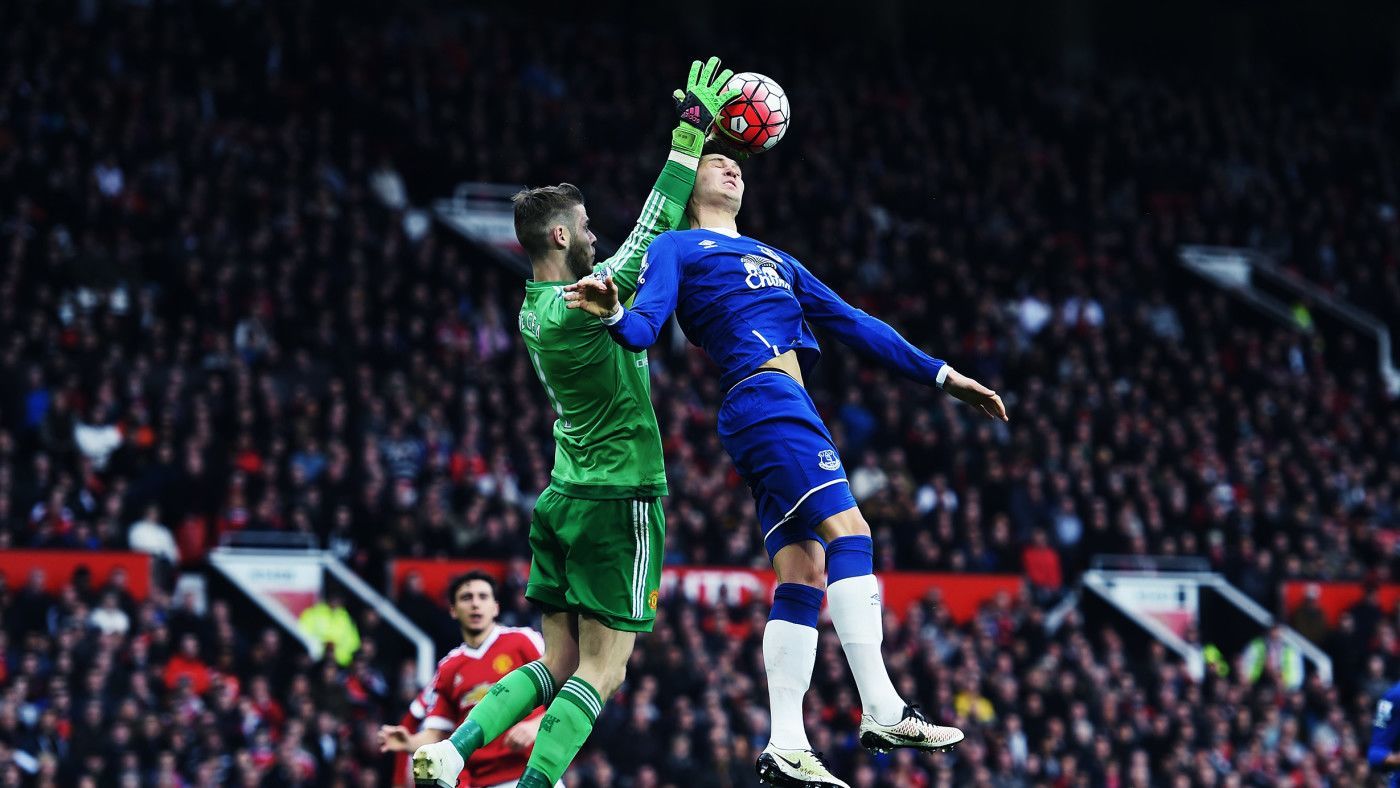Twitter has long been the second screen of choice for sports fans discussing their team’s exploits in real time. Now the social media giant is getting into live streaming sport directly, with the announcement of a massive deal to broadcast NFL games on a Thursday, for free.
While the deal is unlikely to settle the nerves of those who wonder how social media firms can make a profit, it is undoubtedly a good move both for fans, who get to see more of their team for less money, and for the NFL, which is bringing its brand direct to swatches of new viewers.
It is all rather a contrast to the broadcast rules around the national game here in the UK. Despite massive TV deals, and huge popularity, football remains in the regulatory dark ages. Matches are not allowed to be broadcast here between 2.45pm and 5.15pm, in the outdated belief that it will stop people supporting their local side and going to games.
In 2013, English viewers tuning in to the watch the clash between Barcelona and Real Madrid were unable to see the first 15 mins of El Classico, as it started at 5pm UK time. So farcical was the situation that the live game could be seen ongoing behind the studio presenters, but could not actually be broadcast until the first 15 mins had been played.
The famous “Geoff and the Boys” show of Soccer Saturday exists to keep fans informed of what is happening in games up and down the country, but cannot show anything that happens on the pitch as it is broadcast during the restricted times.
These rules are not just frustrating for fans. In the modern media age, they are utterly pointless. They do not apply to English football in other countries, of course, and the rights to games are sold to foreign broadcasters. The result is that thanks to modern technology any Premier League game can be streamed live to a laptop, normally in High Definition.
Fans of teams regularly share links to the best streams amongst themselves on various social networks. The internet has, once again, made a mockery of media rules that do not fit the modern age. The clubs, the Premier League, and the FA make no money from these broadcasts. If they changed the rules to have more games broadcast they could make more money, which could go back into the game.
Despite the ease of being able to watch games online, Premier League games are packed out every week, the lower leagues are full of big teams with big supporter bases, and, uniquely to the UK, non-league sides maintain a dedicated following too.
The reasons why a kid growing up in Lancashire might decide to support Manchester United instead of Preston North End should be obvious, and they have little to do with whether or not football can watched at 3pm on a Saturday.
If the clubs and the leagues really want to make sure fans do not give up on coming to the games, they would do better to try and find ways to bring down their ticket prices, not insist on these broadcasting rules. This is particularly true on the back of the enormous £5.14bn TV rights deal coming in next season, from which they will all make a fortune.
Technological developments mean that football could be more innovative with how it broadcasts too. In America, Major League Baseball (MLB) runs MLB.TV – a web and mobile services that streams games live (although still with some television restrictions depending on location), and allows fans to watch games back on demand too, all for $109.99.
Offering exclusivity to broadcasters, supported by restrictions on broadcast times, may bring football large sums of money, but it is increasingly easy to bypass. The modern media consumer demands what they want, when they want it, on the device they want it. Britain’s national game needs to respond to this, and change its outdated broadcast restrictions.


